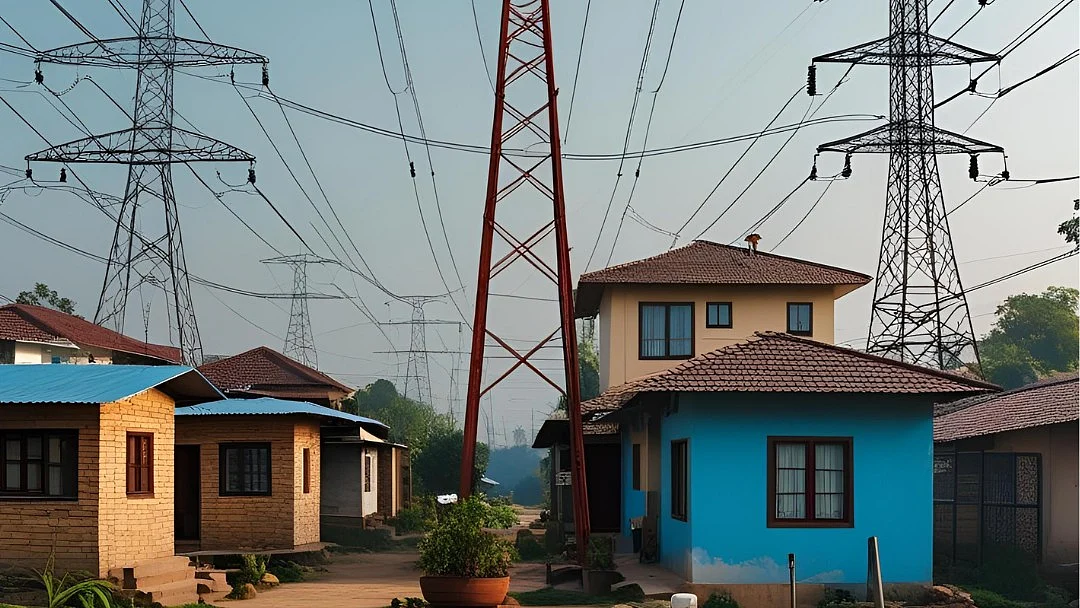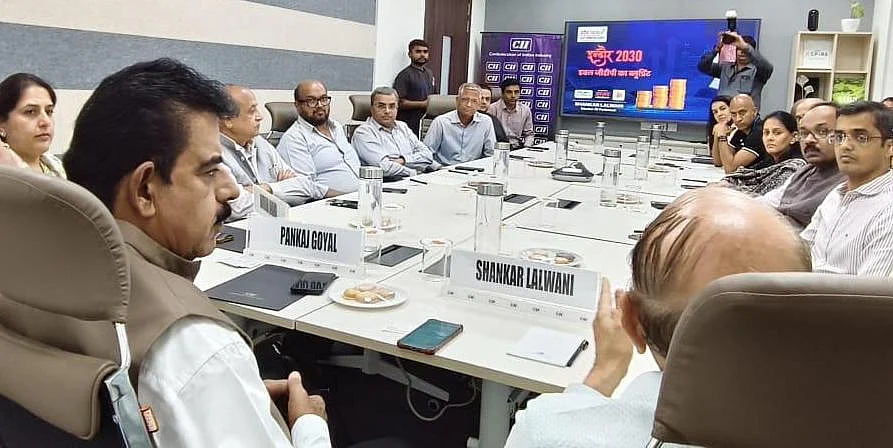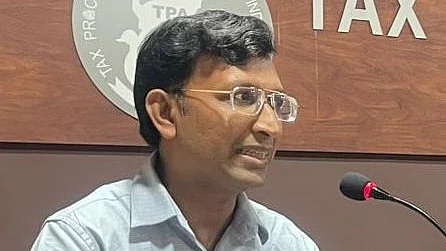Indore (Madhya Pradesh): Joining hands with the civic body and other departments to pull down the impact of climate change on human health, the health department has decided to organise an inter-departmental awareness programme and launch a campaign to spread awareness among people.
Chief medical and health officer Dr BS Saitya gave a presentation on the ‘National Programme on Climate Change and Human Health’ (NPCCHH) during the district task force meeting on Wednesday and spoke about the required coordination between the departments for the same.
The NPCCHH was launched by the ministry of health and family welfare and monitored by the National Centre for Disease Control (NCDC).
“Various steps for pulling down the effects on climate change are already being taken by the civic body and other departments, such as IMC working on cleanliness and developing Asia’s biggest bio-CNG plant, traffic police acting against polluting vehicles and motivating people to switch their engines off at signals, and the Pollution Control Board acting against industries spreading pollution,” Dr Saitya said, adding, “In the series, we’ll educate departments and people about the effects on health and the ways to prevent it.”
The CMHO said that increasing incidents of respiratory diseases are signs of the impact of climate change on health.
Objectives of programme
§ To create awareness among the general population (vulnerable community), healthcare providers and policy-makers regarding impacts of climate change on human health
§ To strengthen capacity of healthcare system to reduce illnesses/ diseases due to variability in climate
§ To strengthen health preparedness and response by performing situational analysis at national/ state/ district/ sub-district levels
§ To develop partnerships and create synchrony/ synergy with other missions and ensure that health is adequately represented in the climate change agenda in the country
§ To strengthen research capacity to fill the evidence gap on climate change impact on human health
‘Implementation of action plan is need of the hour’
‘Extreme heat and extreme cold are signs of a change in climatic conditions and these are affecting human health badly as cases of allergy, asthma, and other respiratory diseases are increasing. The government must implement an action plan efficiently to pull down the number of cases which will also help increase people’s lifespan’ — Dr Ravi Dosi, respiratory medicine expert, Shri Aurobindo Institute of Medical Sciences











